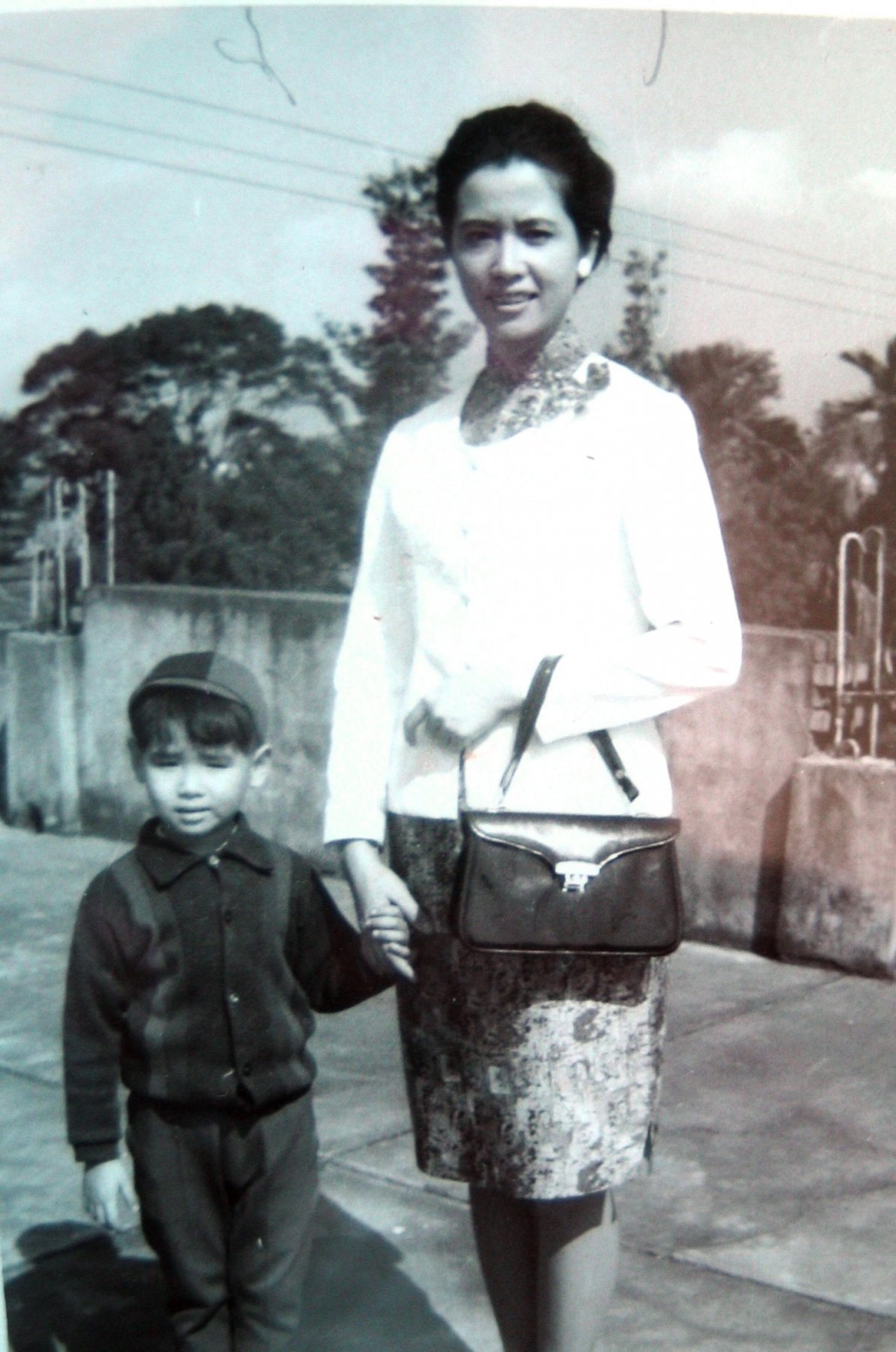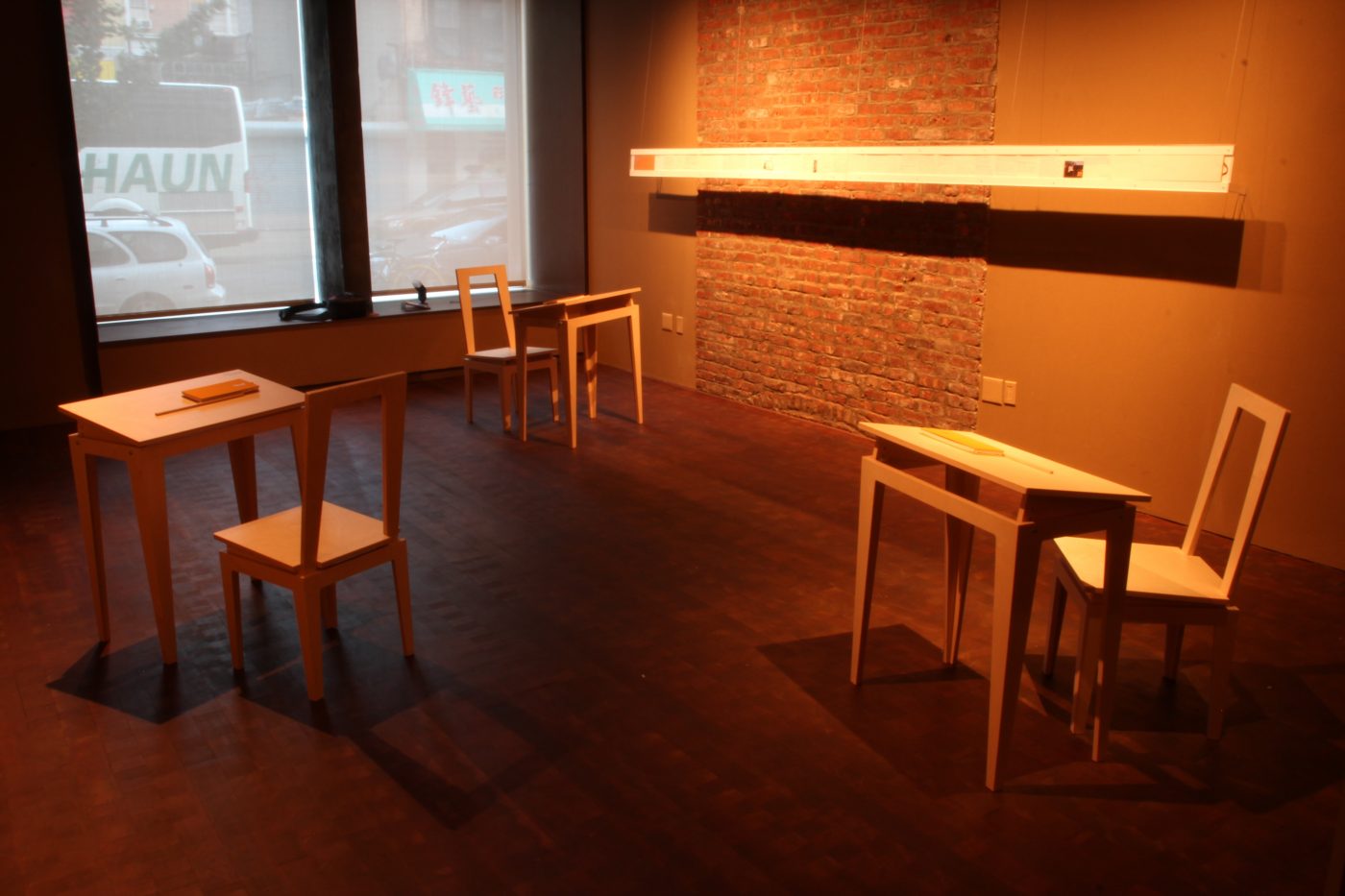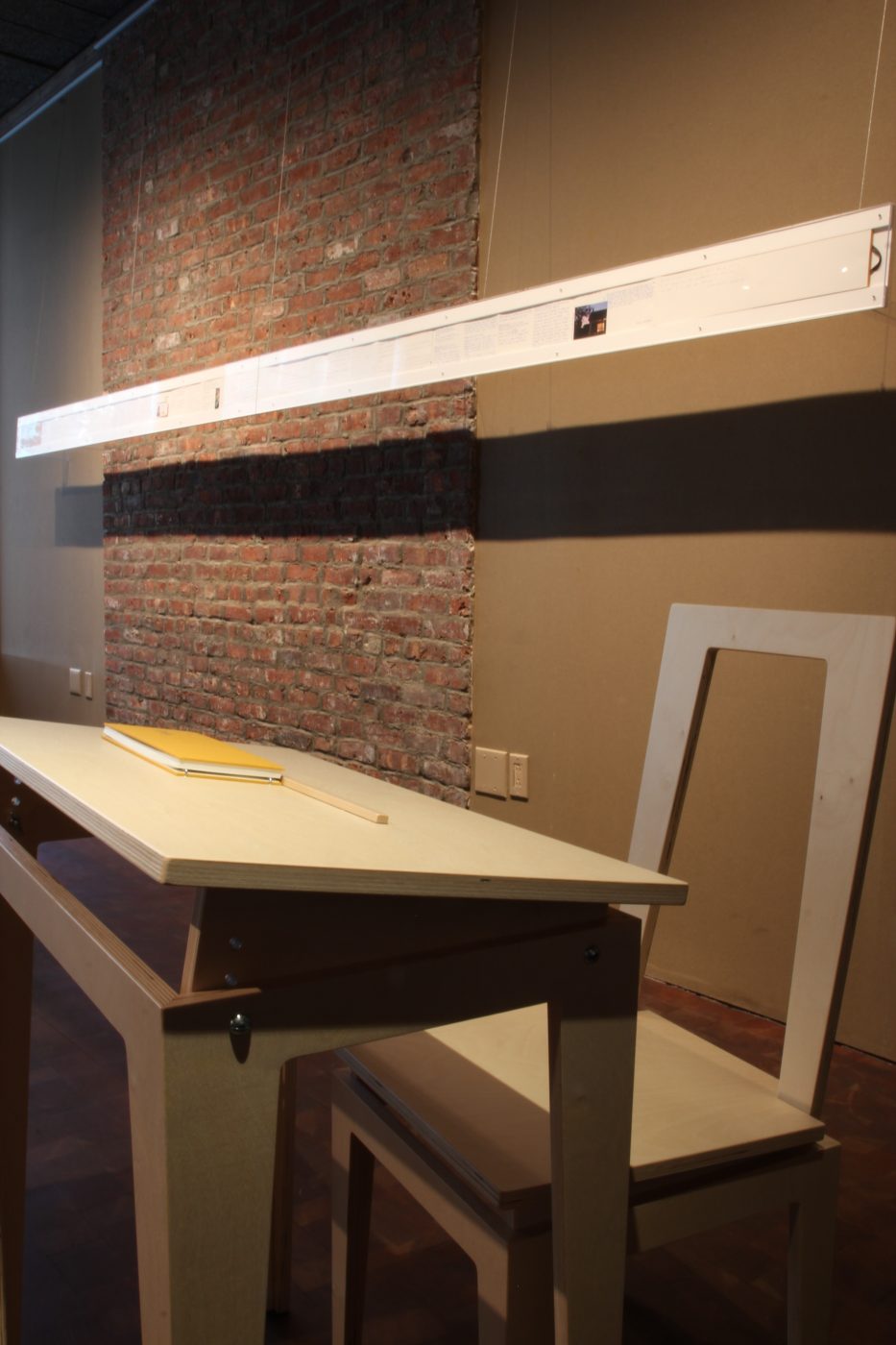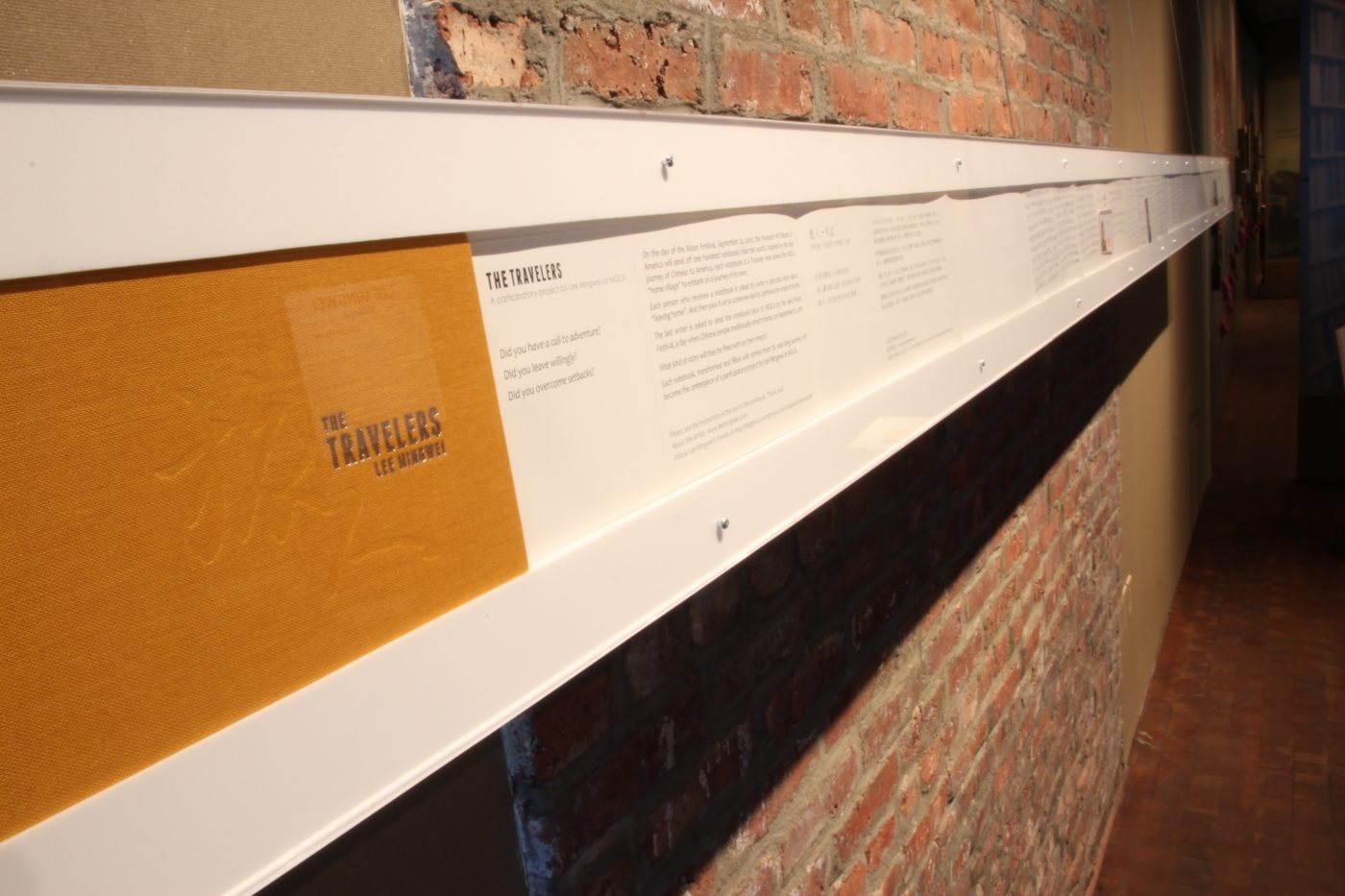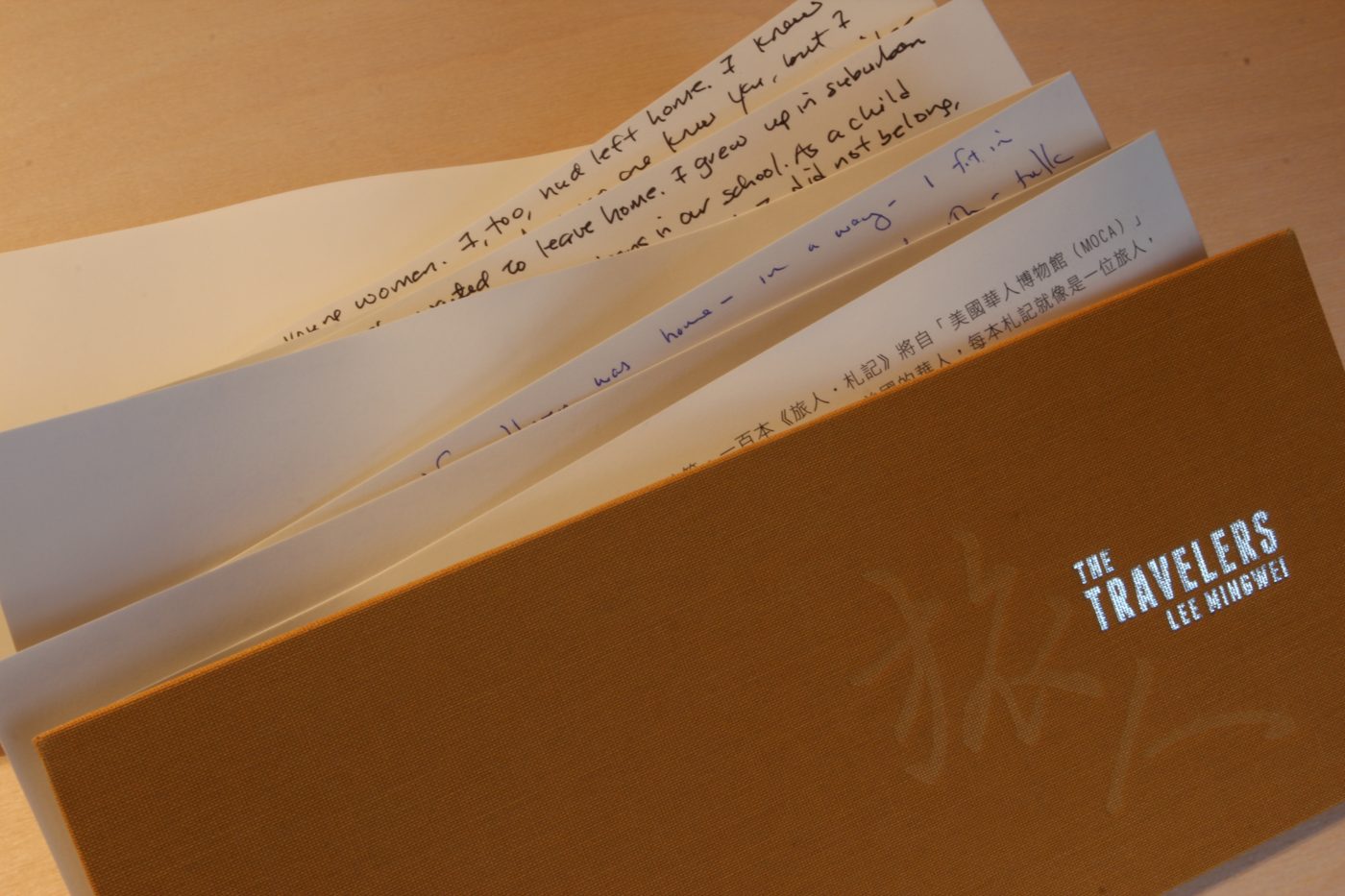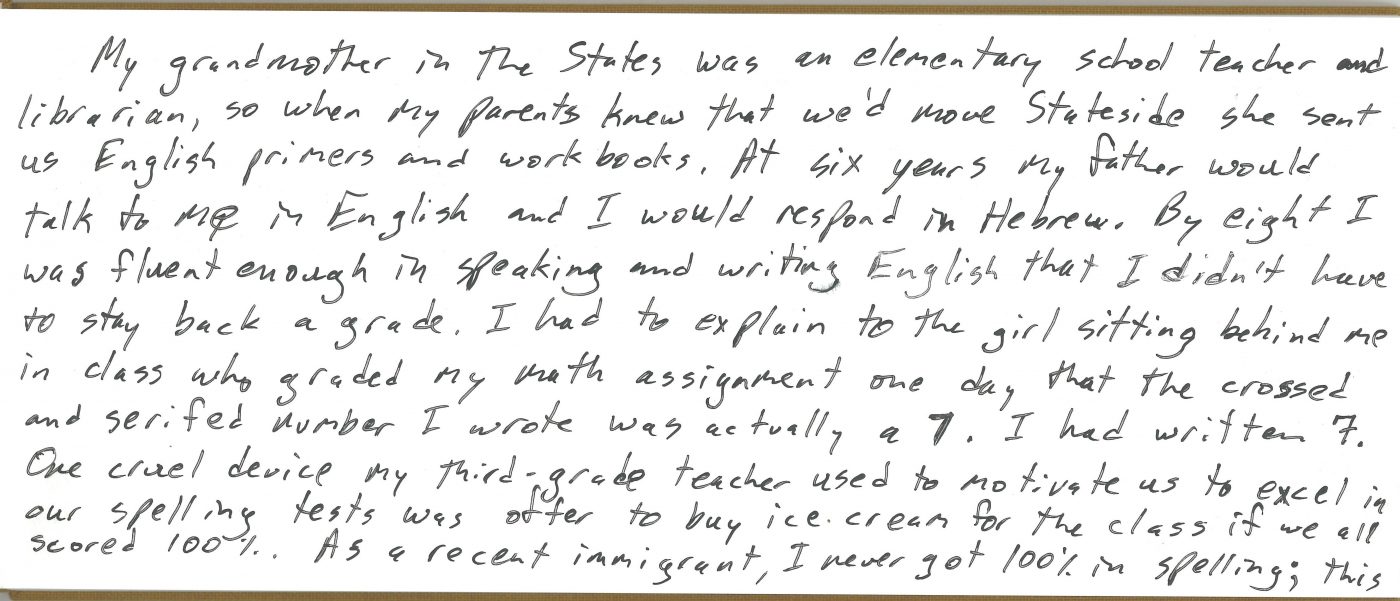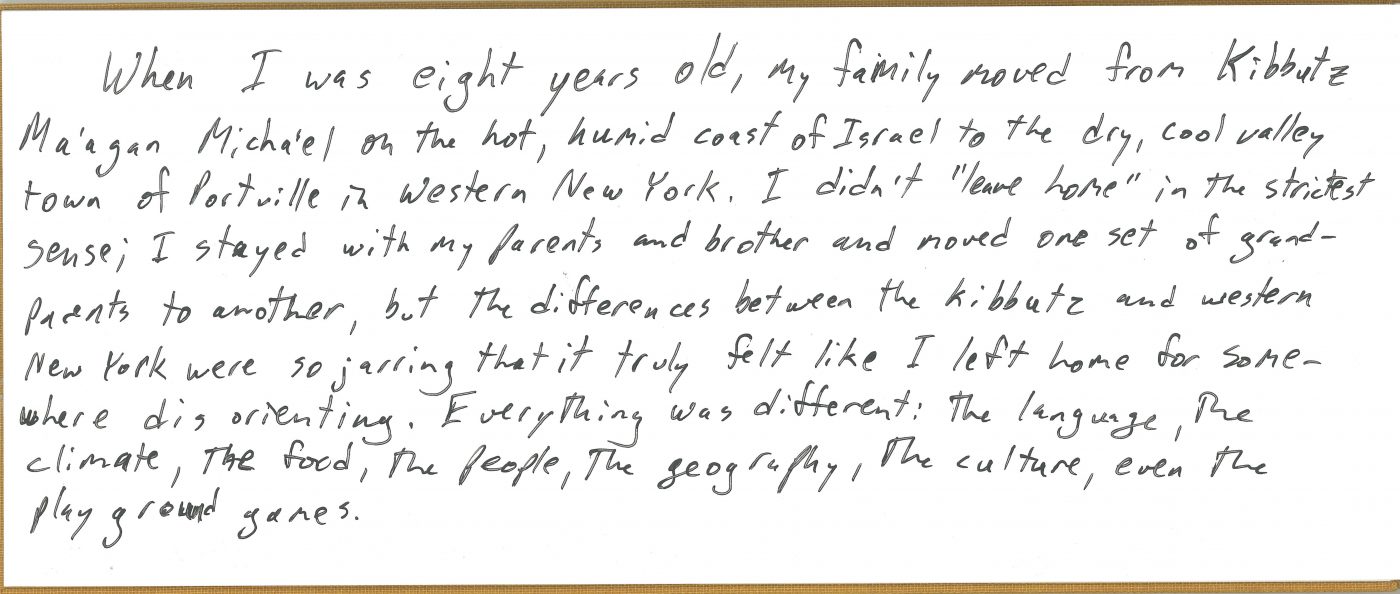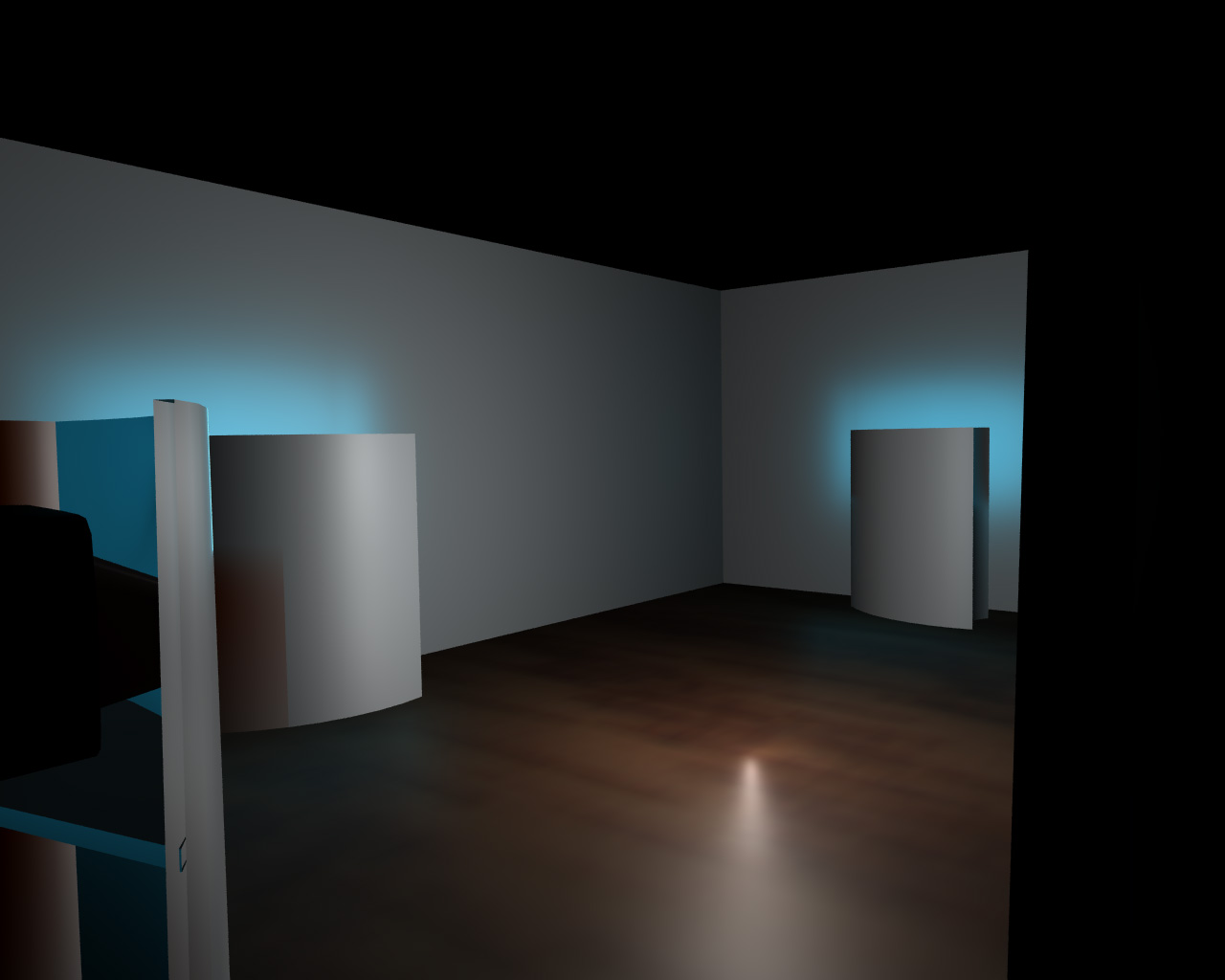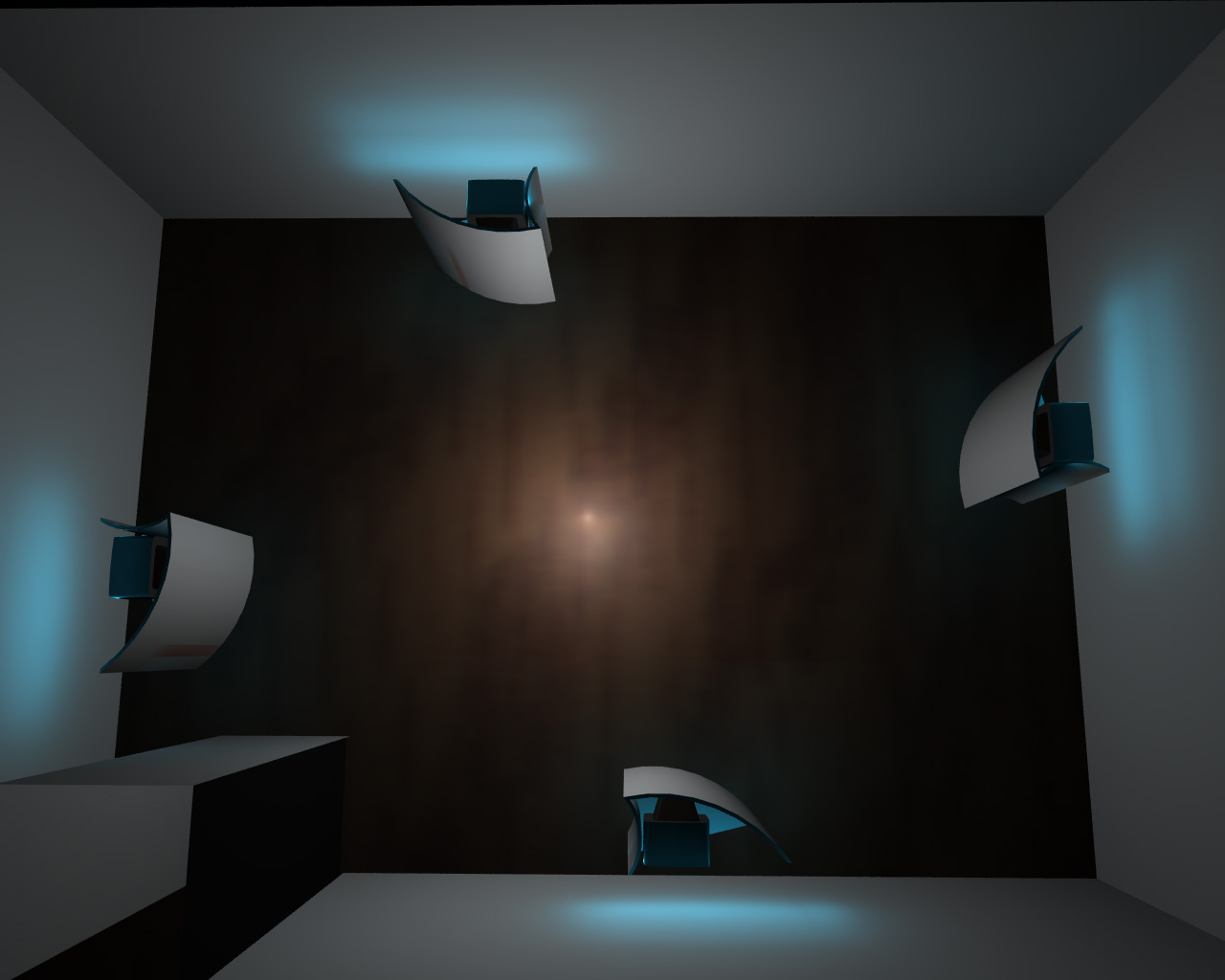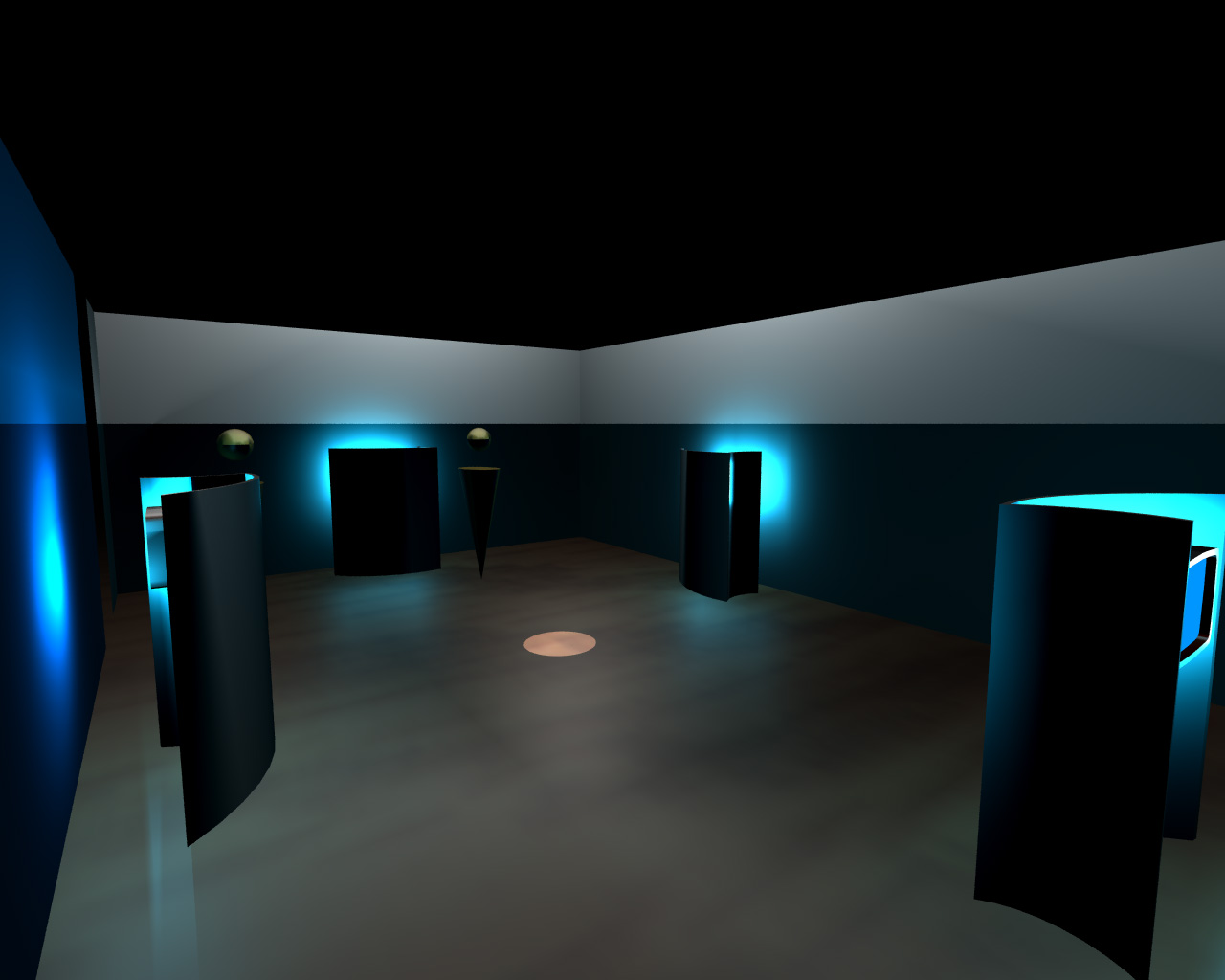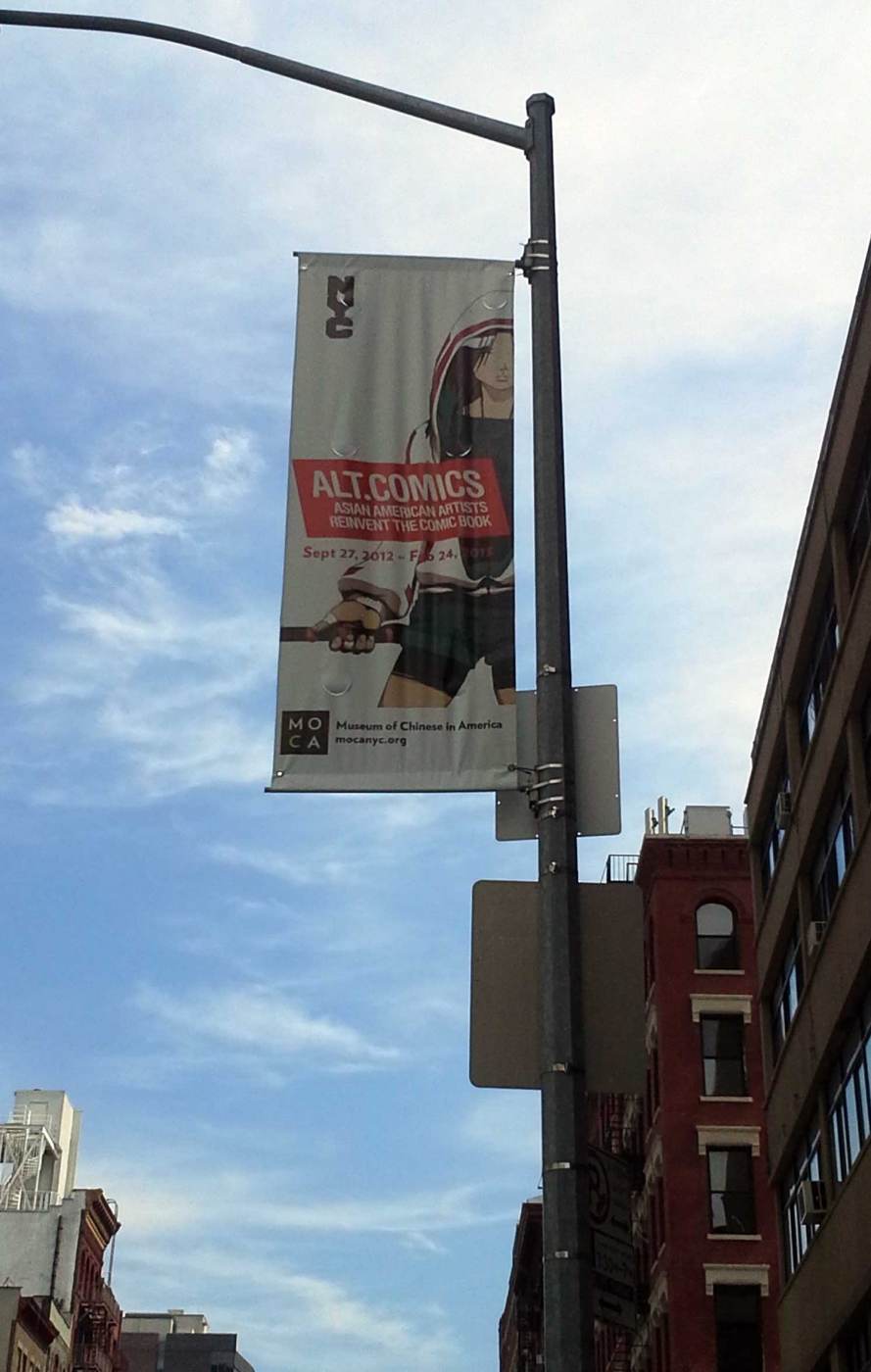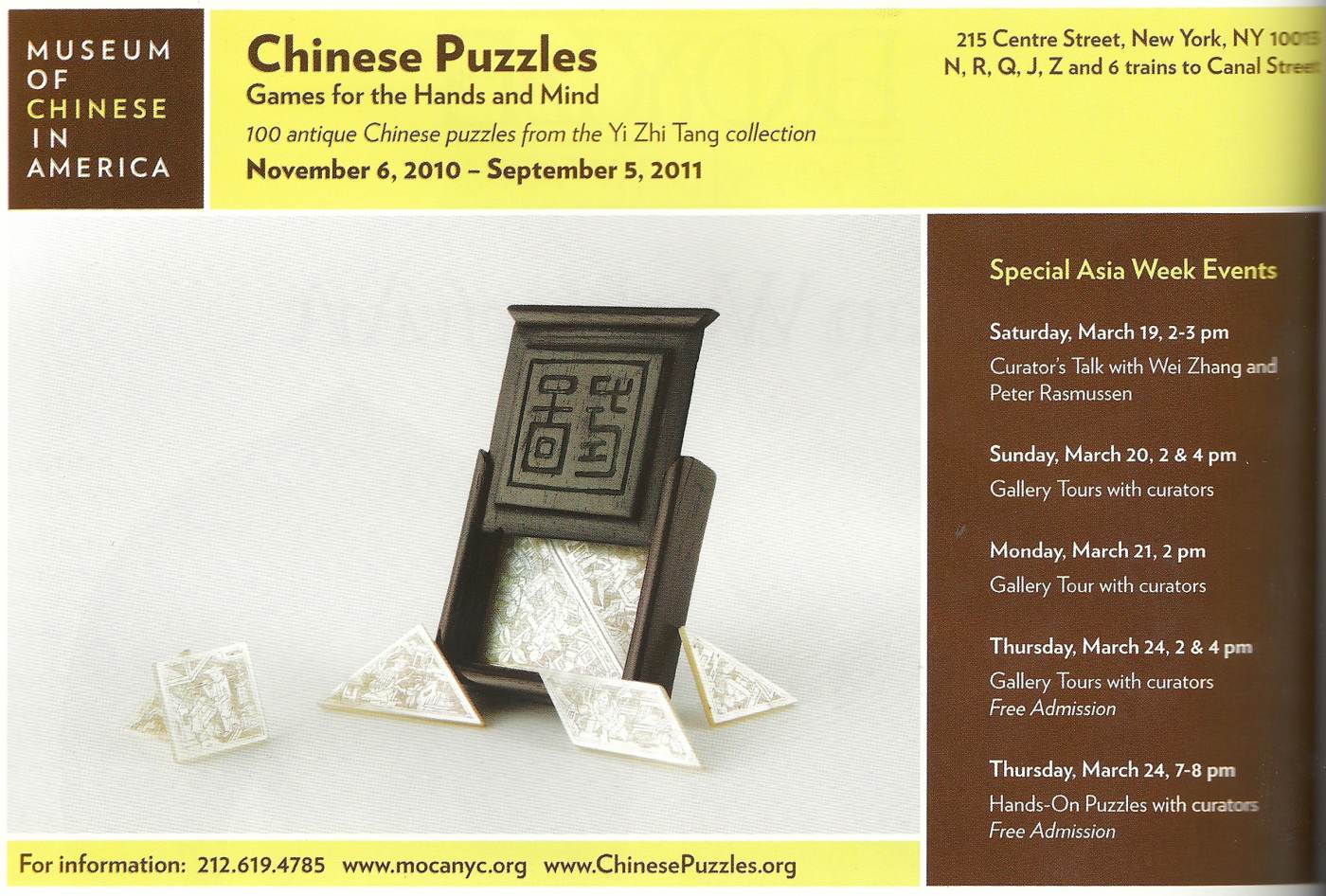In 2010, Lee Mingwei, a Taiwan-born American artist, was commissioned by MOCA to start a two-part interactive project that engaged members of the community. The first part titled The Travelers saw Mingwei ask individuals to share their stories on the idea of “leaving home.” This was done using 100 notebooks that were sent as chain letters to the members of the community, asking them to pass on such books to their family, friends, and acquaintances after participating themselves. A year later, the books that made their way back to the museum were displayed as part of Mingwei’s installation.
The second part of the project was The Quartet Project. It was a sound installation that highlighted the experiences of displaced individuals. Antonín Dvořák’s American String Quartet was recited on four separate monitors in the exhibit and audiences were prompted to dictate how the piece should be orchestrated. These 2011 projects continued the museum’s long-term goal of elevating the everyday lives of those in the community.
